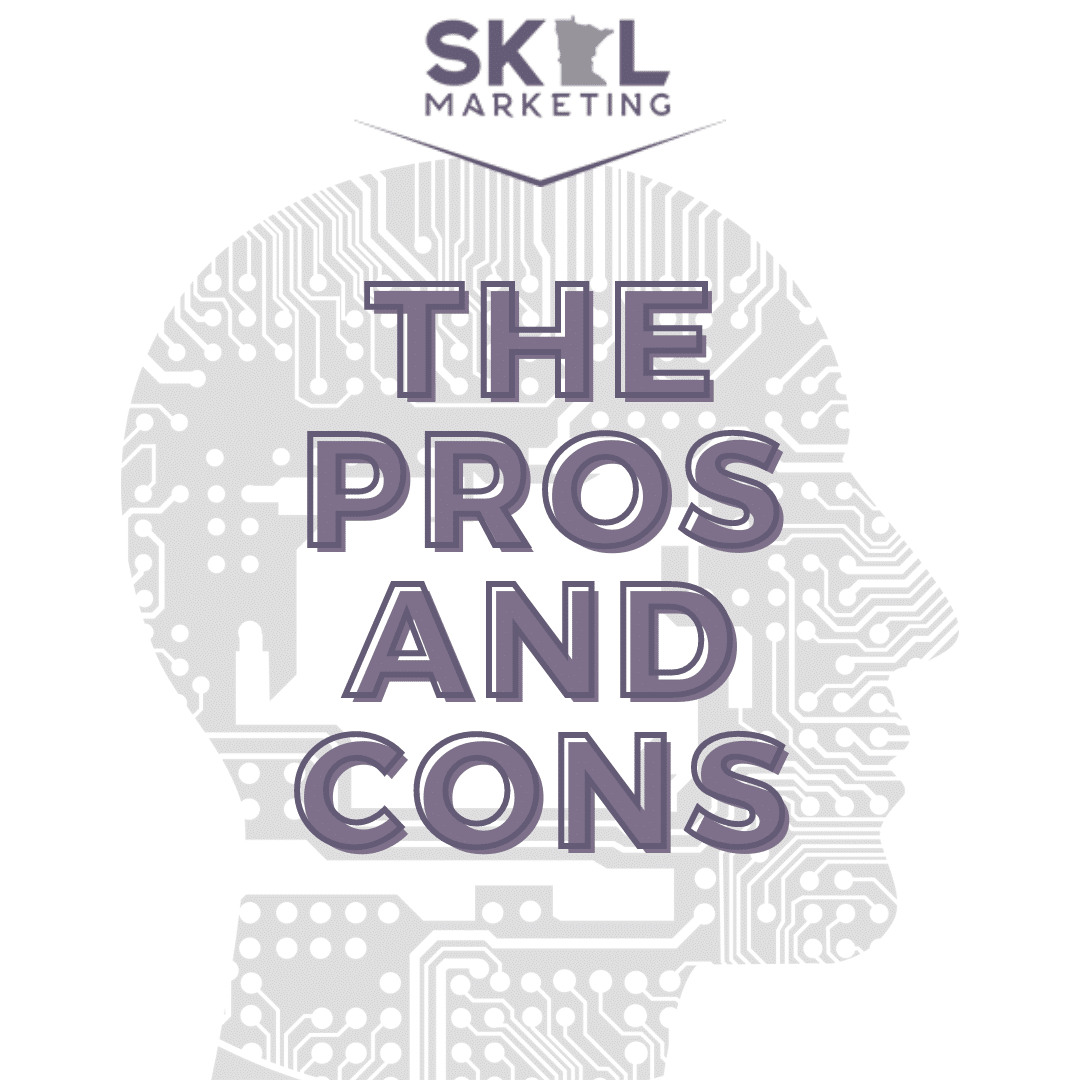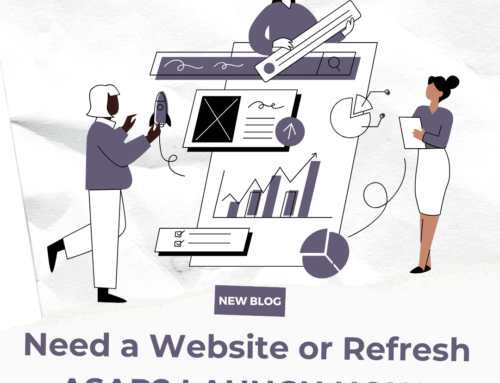Recently, OpenAI released ChatGPT, which is an AI tool that writes content and copy by taking inputs such as keywords, key phrases, user questions, and general topic ideas and using them to generate text that can be used for everything from blog posts to product descriptions to web copy.
Just like what OpenAI’s Dall-E AI image generator did last year for visual artists and graphic designers, the release of ChatGPT has caused an explosion of interest, controversy, and endless discussion about the merits and drawbacks of AI-generated copy and text content. So what are the pros and cons of AI copywriting, and what should you know when deciding if it’s something you can benefit from?
Pro: AI-generated content creates content more cost-effectively
For most businesses, the biggest potential benefit of AI-generated content writing is that it’ll simply save them money. Hiring professional copywriters isn’t cheap, with decent talent often costing upwards of $100 per project. At these rates, a $100 subscription to an AI content generation program that can pump out far more pieces starts to look like the bargain of the century.
For businesses that rely on writing a lot of content, very quickly, AI writing tools can be a huge cost saver, especially as the business continues to grow and scale up. After all, with AI tools, there’s no need to hire more writers for more projects–just fill out a new prompt and let the technology work its magic.
Con: Your AI-generated content still needs an editor
Ah, but if only it were that simple. While tools like ChatGPT can help create lines of copy or even entire pages’ worth of content with the click of a button, that doesn’t mean you can get away with laying off all your writers and editors in one fell swoop. As a business, you’re building your reputation on the quality of your presentation, which means you can’t just trust the tech to get everything right the first time.
The technology is still in its infancy, and while the output can be deeply impressive for something so new, the end results often remain far from perfect. You’ll still need smart marketing folks who can put in the proper keywords and topics to create relevant and useful content, and you’ll still need great editors who can read through the generated text to make sure that it all makes sense, stays on-topic, and covers a topic as expansively as you’d like.
Pro: AI can help improve your SEO
Search Engine Optimization (SEO) can often seem like the most frustrating combination of art, science, and divination. Knowing what keywords to focus on, how certain changes affect your search engine rankings, and whether or not you’re even doing a good job can require what feels like extra-human clairvoyance, and this is where AI tools can shine.
Because AI generation tools scan countless online documents to “learn” how to write their articles, they can pick up on useful keywords and effective content structures that even the best human writer may overlook, and incorporate them automatically into the copy or make suggestions for the humans on the other end to implement. Allowing AI to use the knowledge it gleams from the learning process is one way to see substantive benefits to your SEO results rather than paying humans to do all the brute-force effort for themselves.
Con: AI writing misses the personal touch
However, AI-generated content can also hurt your SEO if you aren’t careful with how you use it. Last year, Google released its “Helpful Content Update” which was intended to reward websites that wrote great content that was useful for the humans doing the searches, and deprioritize content that was slap-dash, spammy, or annoying. This included lowering the rankings of plenty of pages with content clearly written using generic or even AI-generated templates that provided info of dubious trustworthiness and questionable usefulness. Instead, it rewarded content that provided the readability, in-depth knowledge, and insight that only a human writer could provide.
And having the human touch goes beyond just SEO. Your content is part of your brand, your voice, and your identity. AI-generated content might be able to tell you that Skol Marketing was founded in Minnesota by Ben and Marty, but could it tell you that Ben Theis is the world’s biggest Vikings fan, or understand the pun behind the name of Marty’s pet dog? Sure, those are “fun” examples, but the point is an important one: An AI-written blog post may fill out an outline full of facts, but do you trust it to craft a compelling story, target the emotions of potential buyers, and write in a way that endears customers to your brand beyond your business acumen?
Pro: AI can write more content about more topics
Just like how tools like ChatGPT can help you write more content for less money than you would utilize traditional copywriters, AI writing tools can also help you write more expansively than you ever could before. Because they pull from anywhere on the web they need to, AI-generated content can cover topics far outside the expertise of your usual writing staff with far less work.
Even if you want to maintain your writing team as-is, AI tools can help them overcome writer’s block, especially during difficult tasks that are outside their usual fields of knowledge. Writers who would normally bang their heads against a desk trying to power through a niche technical topic can create AI-generated outlines to get started more smoothly, or use AI tools to pull particular ideas they can’t always answer on their own. AI has the power to work alongside your writers to expand your content into areas never before imagined!
Con: AI content needs strict fact-checking
However, once again, AI-generated content cannot be implicitly trusted as the tech continues to develop. Companies that have rushed into producing AI-generated content for their copy and communications have often found themselves facing public scrutiny and backlash when the information included turned out to be wholly inaccurate.
AI tools pull information as best they can but have little way of internally fact-checking that information, which means that just like you need an editor to look over the language, structure, and tone of AI-generated copy, you’ll want someone who can make sure the facts are correct as well. After all, you can save all the money in the world on writers, but it’s much harder to recover from a tarnished reputation.
AI-generated content is shaping up to be a powerful tool for writing the traditional copy that has previously taken plenty of time, energy, and money from your business, and it’s only getting more powerful by the day. But determining if the pros outweigh the cons is still a difficult process, and Skol Marketing’s team is here to help. To learn more about AI-generated content, or go straight to the professionals to get the best-written and most effective web copy possible, please don’t hesitate to contact the local content-writing experts at Skol Marketing.





